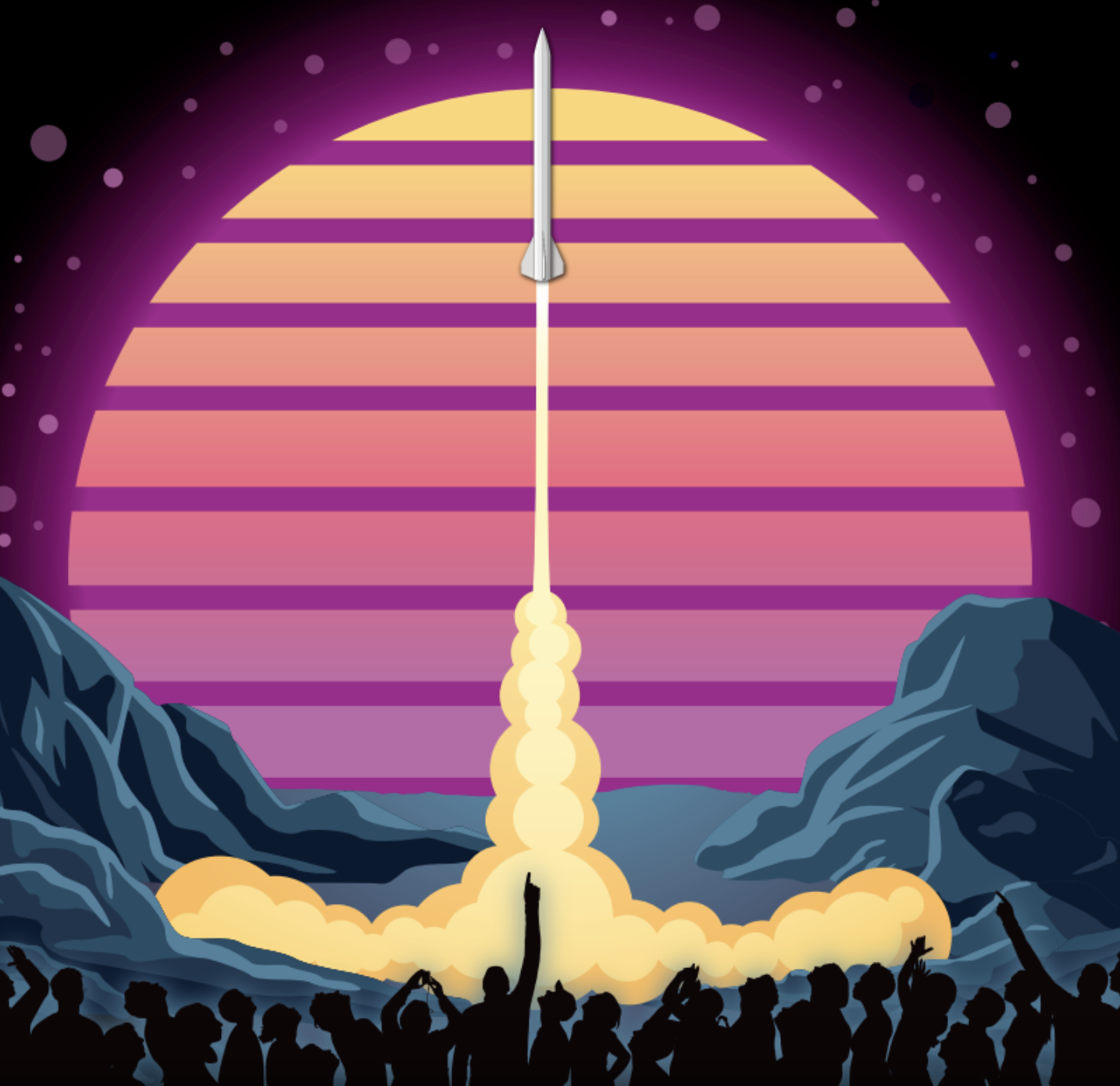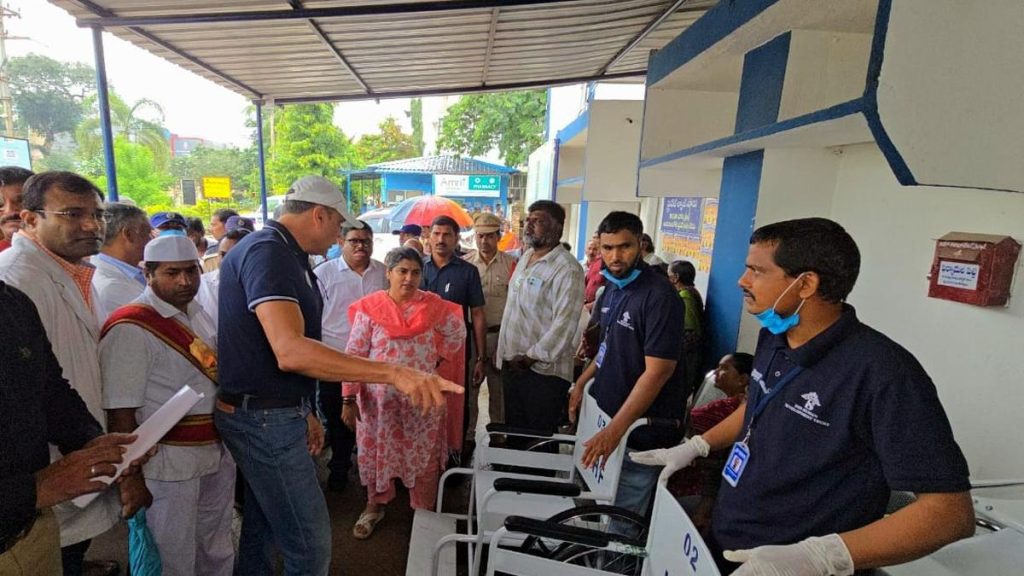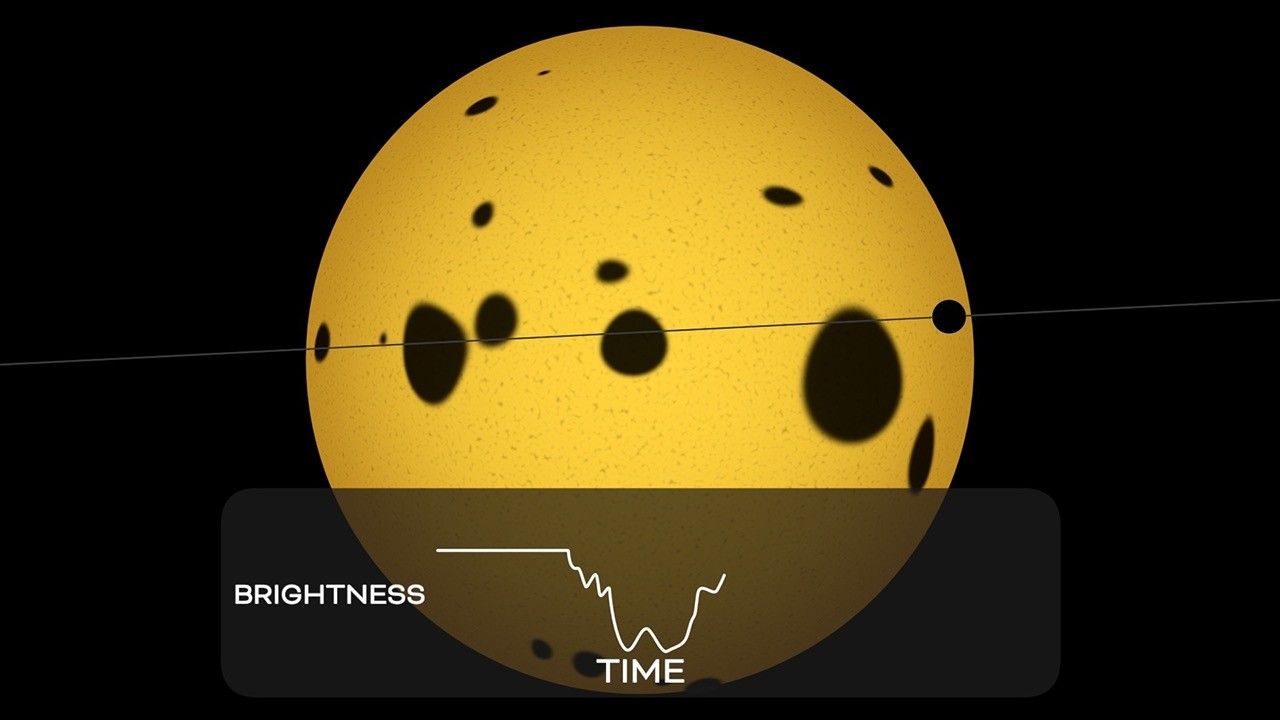Now Reading: NASA Invites Proposals for 2026 Student Launch Challenge
-
01
NASA Invites Proposals for 2026 Student Launch Challenge
NASA Invites Proposals for 2026 Student Launch Challenge

rapid Summary
- Event Launch: NASA announces the 2026 Student Launch challenge for middle school, high school, and college students, aimed at designing, building, and launching high-powered rockets with scientific or engineering payloads.
- Proposal Submission Deadline: Interested teams must submit proposals by Monday,September 22.
- Challenge duration: the nine-month event involves meeting documentation milestones and conducting detailed reviews before final launches between April 22-25 in Toney, Alabama.
- Payload Challenge Focus: Drawing inspiration from Artemis missions to the Moon:
– University teams are tasked to build a habitat capable of housing four STEMnauts (non-living astronaut models).
– The habitat must include equipment for soil collection and testing for agricultural research.
- Historical Context: Originating in 2000 with two participating university teams,the competition has since grown considerably. Nearly 1,000 students across 71 teams competed in the previous edition (2025), aiming to achieve altitudes of up to 6,000 feet while landing successfully.
- Support Partners: Collaboration includes funding and leadership from organizations like Northrop Grumman, NASAS Space Operations Mission Directorate among others.
Learn more at: https://www.nasa.gov/studentlaunch
Read More: NASA Accepts Proposals For 2026 Student Launch Challenge
Indian Opinion analysis
The launch of NASA’s Student Challenge offers notable learning opportunities that could captivate STEM-focused Indian schools and universities. With an emphasis on developing solutions inspired by real-world missions like Artemis – focusing on space habitats and agricultural soil testing – this forms clear pathways toward addressing larger scientific goals such as enduring living beyond Earth.
While India pursues advancements in its own space program through ISRO initiatives like Chandrayaan or Gaganyaan campaigns aimed at lunar exploration or human spaceflight missions respectively-the active engagement of young minds globally contributes indirectly towards better collaboration frameworks across agencies benefitting scientists/ future engineers vision traction
























